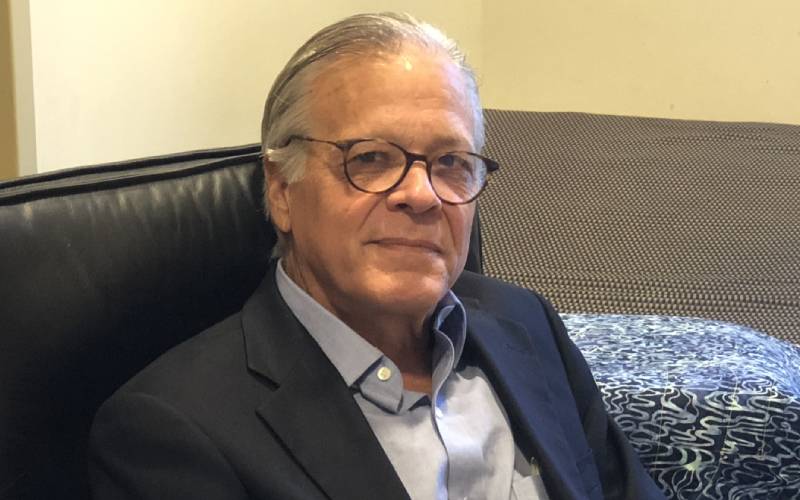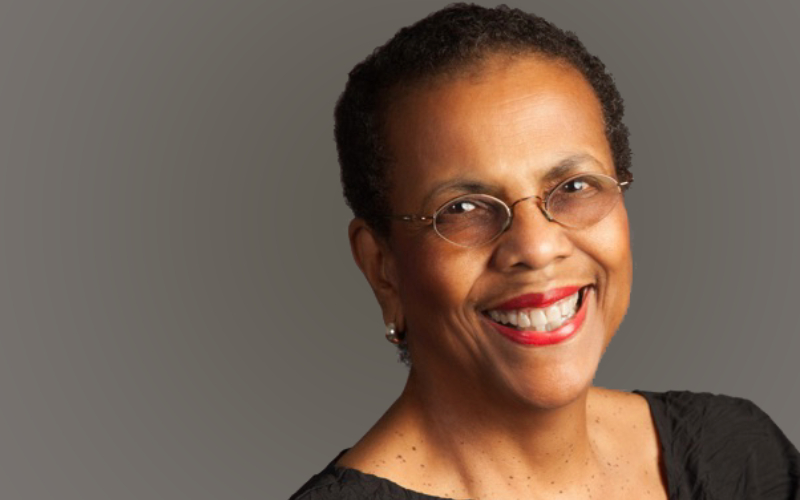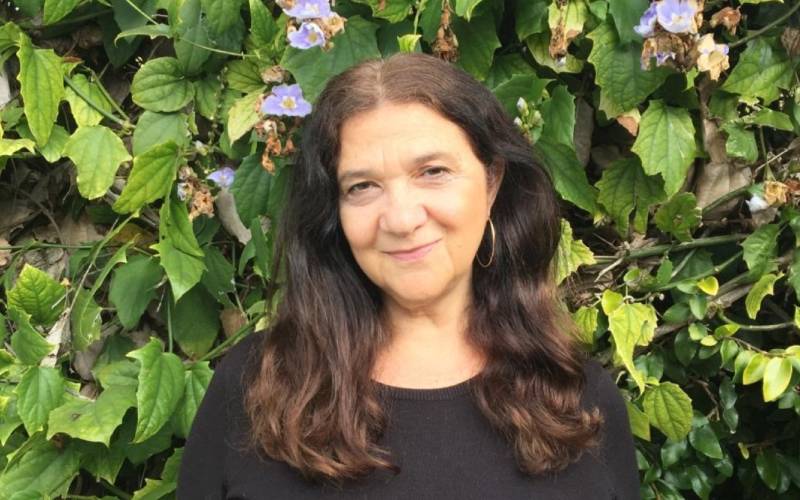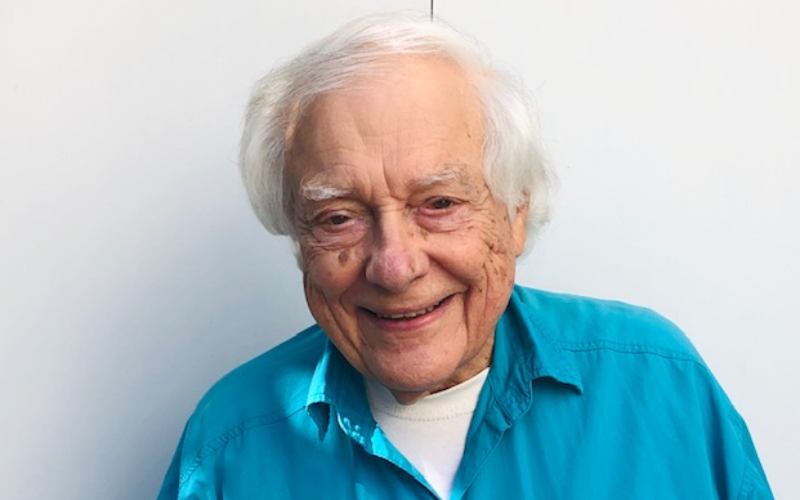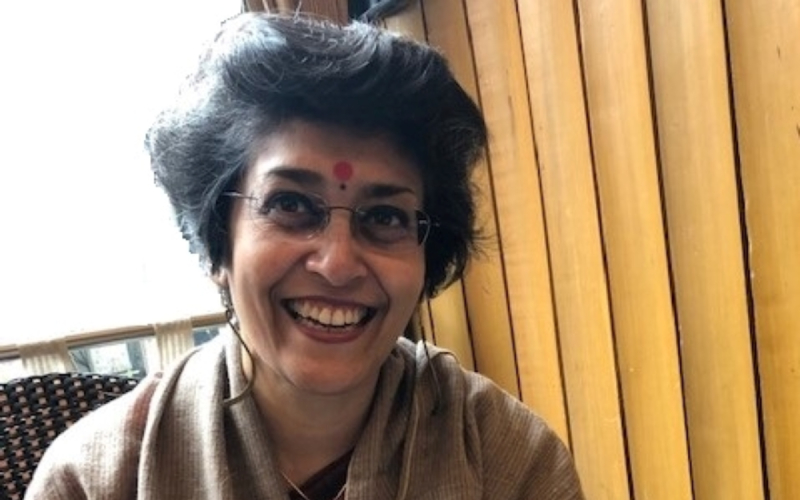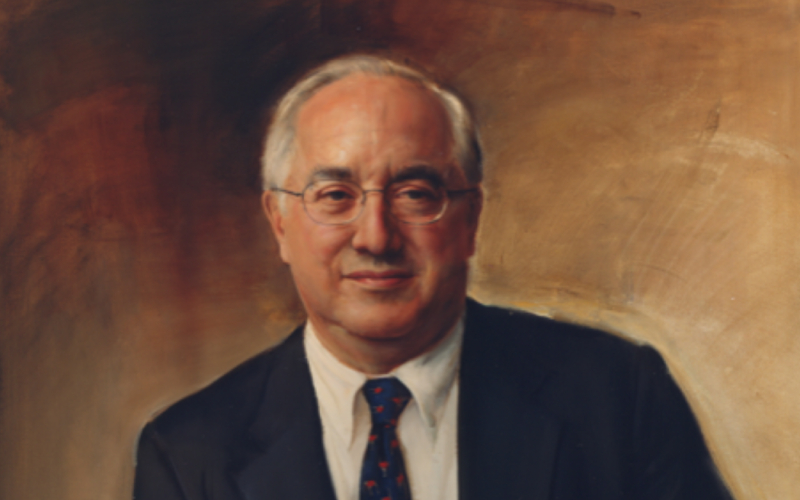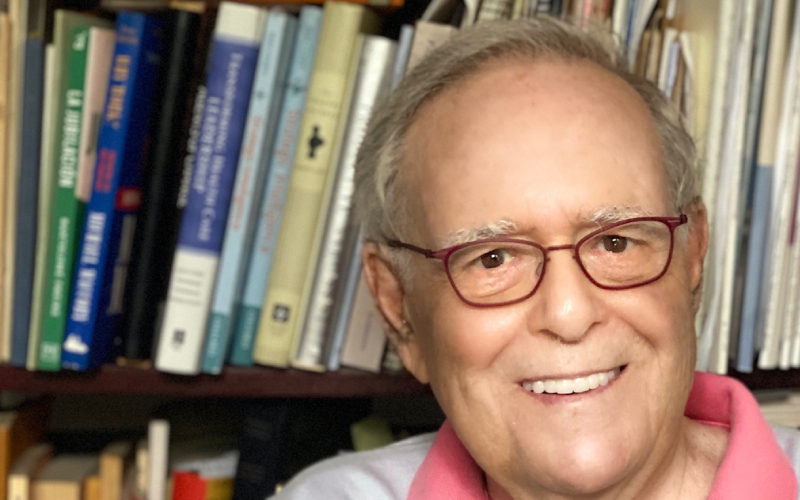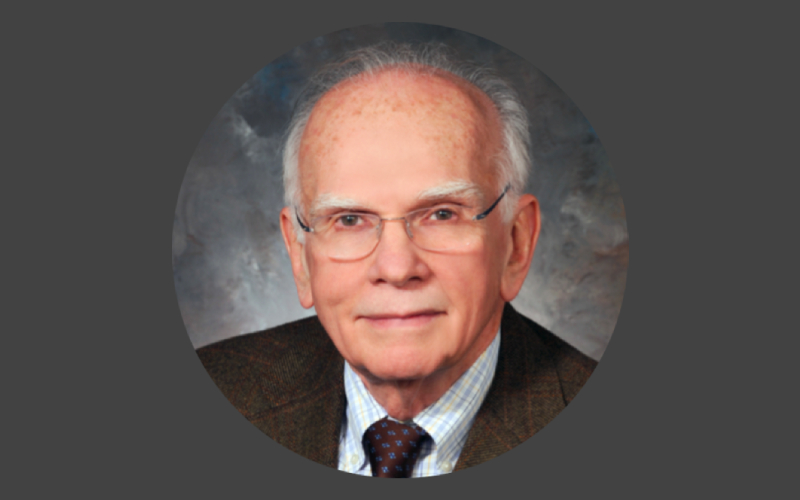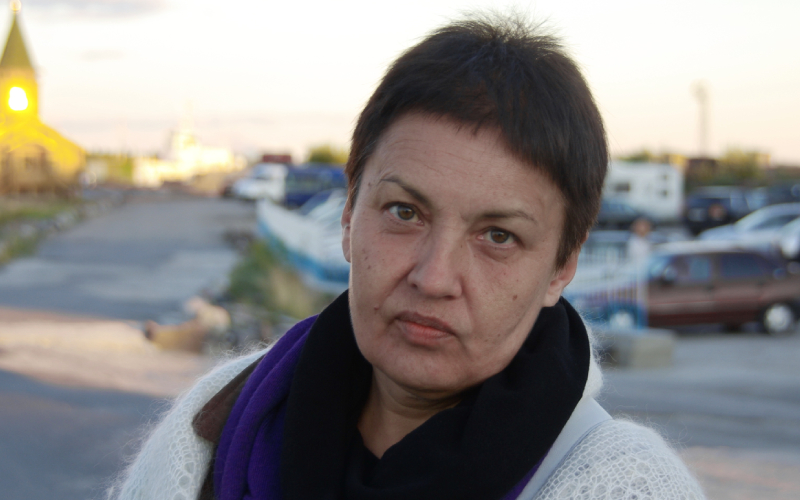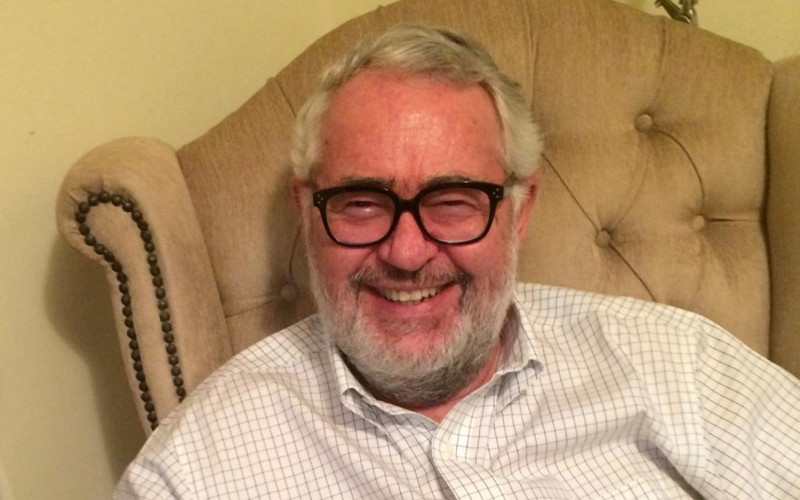Episode 65: Psychoanalysis at the Interface of the Community and the Police with Steven Marans, Ph.D
“I hope that out of these tragedies there is an opportunity not only to express the intensity of our reactions but to get back down to the detailed business of understanding and unpacking the nature and contributions to the problems. We also can revisit and learn new solutions and achieve greater mastery. This is as…
Read MorePodcast: Play in new window | Download

